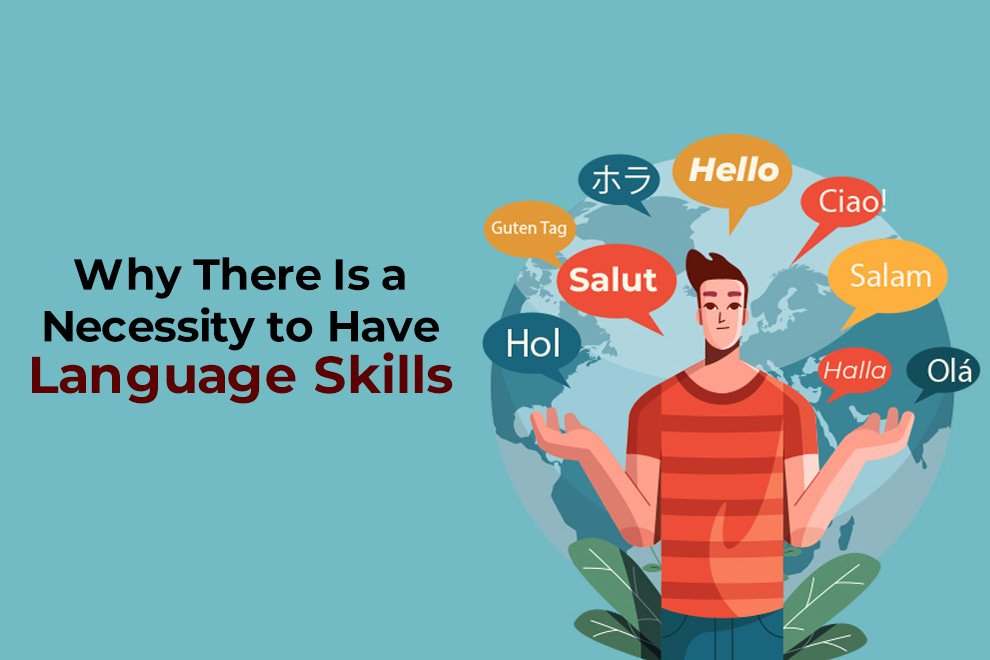Picture this: You’re locked in a dispute—maybe with your ex, business partner, or even your neighbour who thinks your cat is plotting against them. You don’t want to drag it through the courts, so opt for mediation. But then you wonder: Is this agreement enforceable? That’s the million-dollar question.
Mediation is a popular way to resolve disputes in Australia, particularly in family mediation, business conflicts, and workplace disputes. But is the outcome legally binding? Let’s break it down.
Key Takeaways
- Mediation is not automatically legally binding, but there are ways to make it enforceable.
- Signed mediation agreements may be upheld in court under contract law principles.
- In family mediation, agreements can be converted into Consent Orders, making them legally binding.
- Commercial and civil mediation agreements can also become enforceable if properly documented and signed.
- If a party breaches a mediation agreement, legal remedies may be available, depending on the nature of the dispute.
What is Mediation, and How Does it Work?
Mediation is a voluntary, structured process where a neutral third party—the mediator—helps disputing parties reach a resolution. Unlike a judge, a mediator doesn’t decide who’s right or wrong but guides a conversation towards a mutually acceptable agreement.
Common situations where mediation is used include:
- Family law disputes (e.g., parenting arrangements, property settlements)
- Business disagreements (e.g., contract disputes, partnership conflicts)
- Workplace issues (e.g., unfair treatment, bullying allegations)
- Neighbourhood disputes (because, let’s be honest, fence fights are a real thing)
But just because you shake hands and sign an agreement doesn’t mean the law will automatically enforce it. Let’s dive into when mediation is—or isn’t—legally binding.
When is Mediation Legally Binding in Australia?
The short answer? Mediation is not automatically legally binding, but there are ways to make it so. Here’s how:
1. Signed Mediation Agreements
In many cases, a mediation agreement is a written contract between parties. If properly drafted and signed, it can be enforceable under contract law. But if one party refuses to comply, the other may need to go to court to enforce it.
2. Consent Orders in Family Mediation
In family law cases, a mediation agreement isn’t legally binding on its own. However, parties can apply to the Family Court for Consent Orders, which turn the mediated agreement into a legally enforceable court order. Once sealed by the court, breaching it can have serious legal consequences.
3. Binding Financial Agreements (BFAs)
In financial disputes (e.g., divorce settlements), a mediated agreement can be made legally binding through a Binding Financial Agreement (BFA). However, both parties must receive independent legal advice before signing.
4. Workplace and Commercial Disputes
In business and workplace mediations, agreements can be enforced if they meet contractual requirements (clear terms, offer, acceptance, and intent to be legally bound). In some cases, courts may refuse to enforce an agreement if they find it unfair or ambiguous.
What Happens if Someone Breaches a Mediation Agreement?
So, you’ve got an agreement, and the other party decides to ignore it. What now? Depending on the nature of the agreement, you have options:
- Talk it out – Sometimes, a simple conversation (or a sternly worded email) is enough to resolve the issue.
- Legal action – If the agreement is enforceable, you can take the matter to court.
- Seek enforcement through the Family Court – If you have a Consent Order, the court can intervene.
- Mediation round two – If all else fails, you might have to mediate again (but hopefully, lessons were learned the first time!).
Pros and Cons of Mediation (Because Nothing is Perfect)
Pros of Mediation
- Cost-effective – Way cheaper than going to court!
- Confidential – No public record of the dispute.
- Faster resolution – No waiting years for a court date.
- Preserves relationships – Particularly useful in family and business disputes.
Cons of Mediation
- It is not always binding, as we’ve discussed.
- Power imbalances – If one party dominates, the outcome may be unfair.
- No guaranteed resolution – If parties can’t agree, they may still end up in court.
Conclusion
Mediation is a fantastic tool for resolving disputes amicably, but its enforceability depends on how the agreement is documented. Whether you’re dealing with family mediation, workplace conflicts, or commercial disputes, making your agreement legally binding requires extra steps—like Consent Orders or lawfully sound contracts.
If you need expert guidance on making your mediation agreement legally binding, Forte Family Lawyers can help ensure you’re on solid legal ground.










